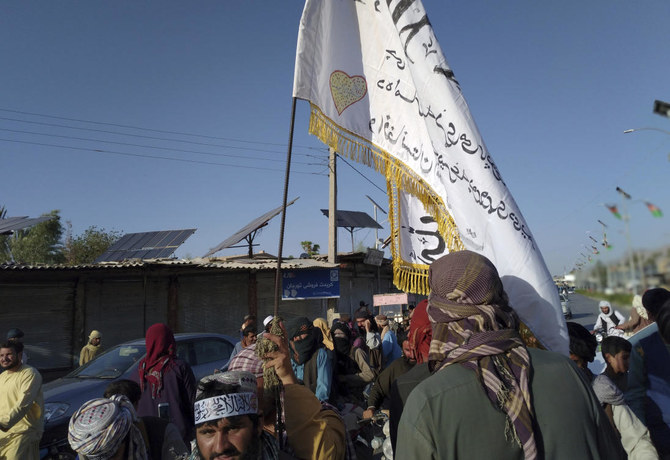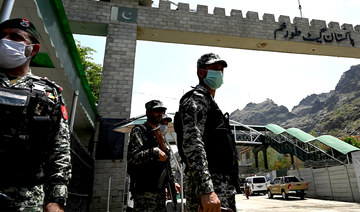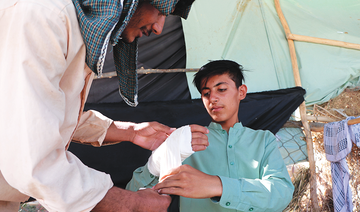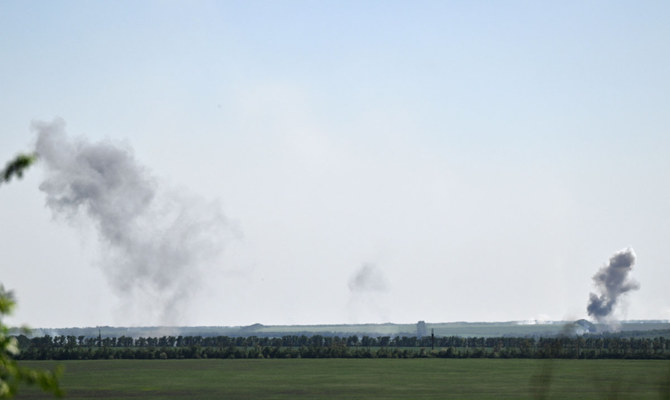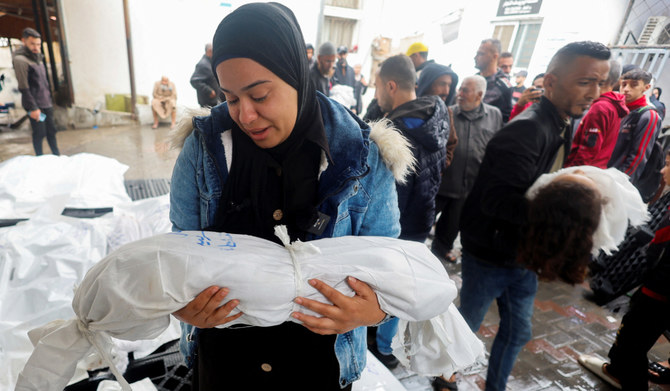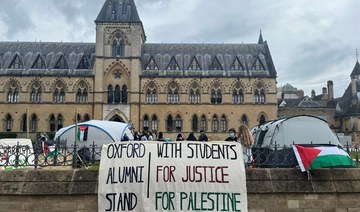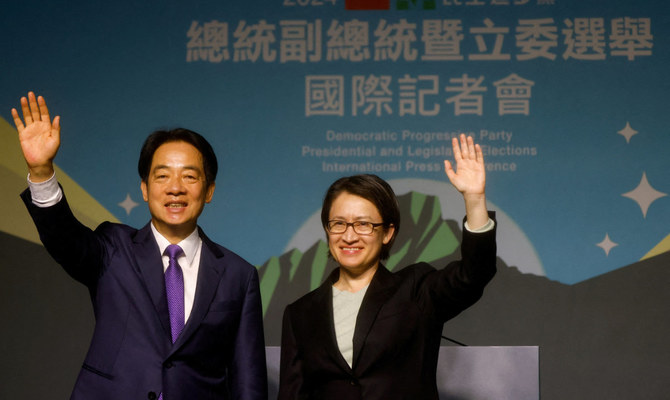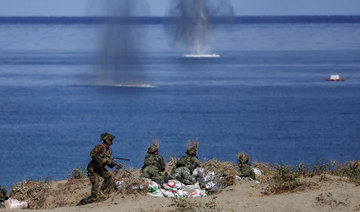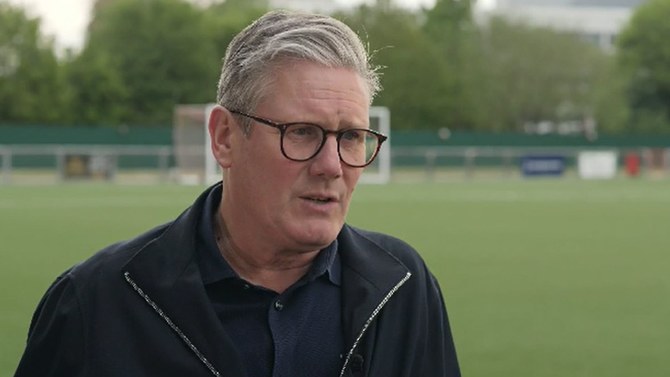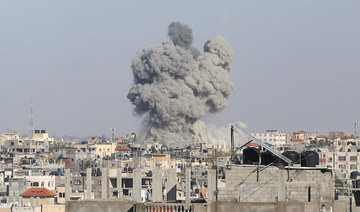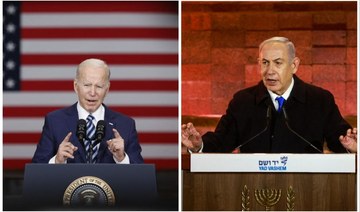KABUL: Afghan President Ashraf Ghani flew to the northern city of Mazar-i-Sharif on Wednesday to rally support from powerbrokers and halt the Taliban’s rapid advances.
It comes after the militant group captured more than a quarter of the country’s provincial capitals in less than a week.
Ghani met with regional strongmen, including former vice president Abdul Rashid Dostum, Mazar-i-Sharif’s former governor Atta Mohammad Noor and other influential figures “to discuss the security situation.”
Fatima Morchal, a spokesperson for the president, told Arab News: “While assessing the general security situation in the northern zone, he spoke with them with regards to coordination, equipment, supplies and mobilization of public forces under the umbrella of the armed forces.”
During Wednesday’s meeting, Ghani chose Dostum “to lead the operation against the Taliban in the northern region.”
The group suffered heavy losses during their advances in 1997 by factions allied to Dostum. Four years later, thousands of the group’s fighters — who had surrendered to Dostum’s forces after the US-led invasion in late 2001 — were left to suffocate in shipping containers while being transferred to prison.
Speaking to reporters after his meeting with Ghani, Dostum said: “The Taliban will be annihilated in the north.”
While recalling the Taliban’s “deadly adventures” in the past, he added that the group “will fall in the trap in the north again.”
However, Zabihullah Mujahid, a spokesman for the Taliban, downplayed the importance of Ghani’s trip to the north.
“These leaders, by taking money from government and formation of militias, have lost ground in recent weeks and lack the capacity to retake the lost territories,” he told Arab News.
Taliban insurgents have made major territorial gains across Afghanistan in recent months as US-led foreign forces withdraw from the country after an almost two-decade presence.
Since Friday, the Taliban have captured nine out of 34 provincial capitals, including Faizabad, Farah, Pul-i-Khumri, Sar-i-Pul, Shiberghan, Aybak, Kunduz, Taloqan and Zaranj, despite an escalation in aerial strikes by Afghan and US forces.
The Taliban’s capture of Mazar-i-Sharif prompted India on Tuesday to temporarily relocate diplomats from its consulate in the strategic city, which lies close to the border with Uzbekistan.
The decision follows New Delhi’s urgent call to evacuate all Indian nationals from the Afghan city on a special flight.
In a separate statement, the embassy in Kabul urged all Indian citizens to make “immediate” travel arrangements before commercial flights are discontinued because of the intensifying conflict.
On Tuesday, experts told Arab News that the eventual loss of Mazar-i-Sharif would be a “heavy blow to the Kabul government,” and would represent a complete collapse of its control over the northern region.
“It will lead to the capture of remaining parts in the north which would eventually also impact the Taliban’s future advances toward Kabul,” Taj Mohammad, a Kabul-based analyst, said.
Earlier on Wednesday, media reports said that hundreds of Afghan soldiers who had retreated to the airport outside Kunduz had surrendered to the Taliban after the group’s seizure of the northern city over the weekend.
The Taliban’s lightning offensive, amid a breach left by departing foreign troops since May, has triggered concerns that the insurgents will regain power by force in a scenario similar to the events of the 1990s, pushing the country toward another civil war.
Wahidullah Ghazikhail, a Kabul-based political analyst, said that Ghani “wanted to raise the morale of the troops by traveling to a city that is under siege.
“Ghani wants to turn Mazar-i-Sharif into the center of resistance against the Taliban. Mazar is important to both sides,” he told Arab News.
The development comes amid a visit to Qatar on Tuesday by US special peace envoy for Afghanistan, Zalmay Khalilzad, who warned the Taliban against carrying out military activities.
Khalilzad is in Doha, where the Taliban maintain a political office, to “press the group to stop their military offensive and negotiate a political settlement, which is the only path to stability and development in Afghanistan,” the US State Department said.



